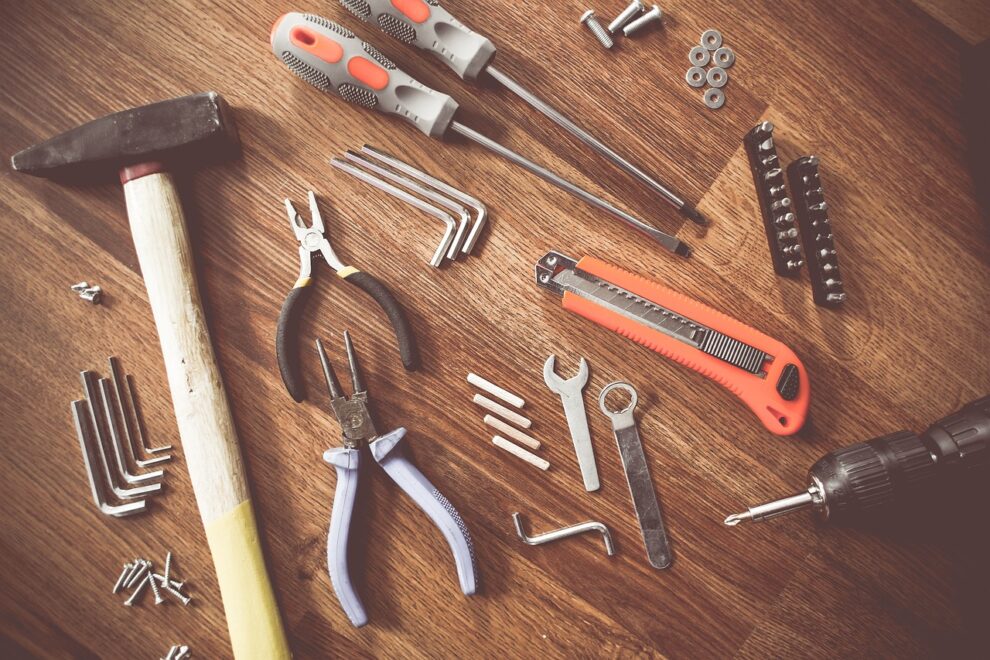It can sometimes be easy to forget how much we rely on our tools, especially at work. Once we’ve bought or installed certain equipment or machinery, it’s tempting to assume that that’s all you’ll need to do with it.
But all kinds of equipment requires regular maintenance, not only to ensure peak performance but also to fulfil your legal duty of care to those using it. Here, we’ll explore why it should always be at the top of your mind to take excellent care of tools, as well as how that can be achieved.
Why it’s important
Safety should always be your number-one concern in the workplace, and it’s vital that employees can rely on equipment working properly so that there are no unpleasant surprises. Poorly maintained machinery could break in all manner of ways, opening up hazards like impacts from pieces falling off or electrical charges from loose wires.
There’s also the fact that, the more recently that you confirmed that your equipment is in proper condition, the more confident you can be that everything will go to plan. You don’t want to risk falling behind or failing to deliver on a project because of avoidable equipment failures, which can affect a client’s confidence in you.
What steps can you take to make sure of it?
The most straightforward thing to do is to schedule regular checks of all equipment. Visual inspection, cleaning and frequent testing of functions can quickly confirm if everything is as it should be.
If your business relies upon heavy machinery, you’re likely to need to ensure that these units are properly lubricated at all times. If parts are allowed to become too dry then you risk damage from increased friction, as well as a build-up of soot that could get in the way of moving parts. Make sure that you are always well stocked with lubricants and greases from suppliers like RS that are suitable for the tasks in question, so that any issues that arise can be fixed without delay.
It’s also important to avoid exceeding any performance specifications marked on machinery. While it might be tempting to try to get quicker results by pushing the limits – for example, by exceeding the recommended pressure or temperature on certain machines – this will cause increased wear and tear, as well as higher risk of equipment failures which could result in injury.
Given the safety risks involved with malfunctioning equipment, it’s crucial that employees are comprehensively trained in the safe use and maintenance of their tools. Research last year found that more than a quarter of UK workers feel that they have been insufficiently trained to go about their jobs with confidence – so making sure that your employees don’t join that number will go a long way to both protecting them and being certain that you can deliver on your objectives without interruption.
